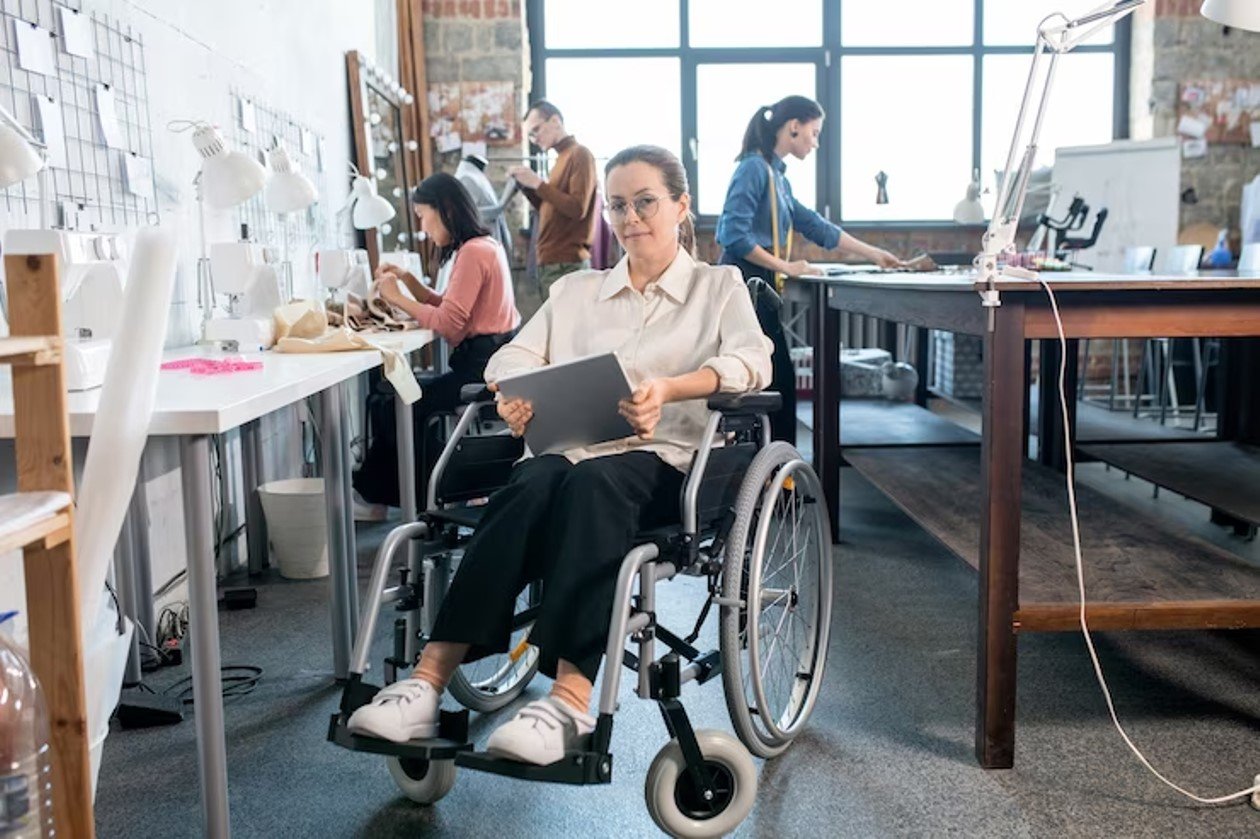The Importance of Education in Career Development

Education plays a vital role in shaping an individual’s career and overall development. It provides the necessary knowledge, skills, and competencies required to succeed in the professional world. In this article, we will explore the significance of education in career development and how it impacts various aspects of life.
Read More: Top 10 Education Systems in the World.
Education is the foundation upon which individuals build their careers. It equips individuals with the necessary tools to navigate the complexities of the professional landscape. Beyond acquiring theoretical knowledge, education fosters critical thinking, problem-solving abilities, and communication skills, which are crucial for success in any career path.
Why is education important?
Education is essential for personal growth, societal progress, and economic stability. It empowers individuals to make informed decisions, engage in lifelong learning, and contribute meaningfully to their communities. Additionally, education provides a strong foundation for acquiring specialized knowledge and skills in demand in today’s competitive job market.
Education and career development
Education plays a pivotal role in career development. It provides individuals with the qualifications and credentials required for job opportunities. A well-rounded education equips individuals with a broad understanding of various subjects, allowing them to explore diverse career paths and make informed choices about their professional future.
Skills development through education
Education goes beyond imparting knowledge; it also focuses on developing essential skills. Through education, individuals acquire critical thinking, problem-solving, and analytical skills. These skills enable them to adapt to changing work environments, tackle complex challenges, and excel in their chosen fields.
Education and job opportunities
A solid education opens doors to a wide range of job opportunities. Many employers require specific educational qualifications as a prerequisite for employment. Higher levels of education, such as college degrees or professional certifications, enhance the chances of securing well-paying jobs and career advancement.
Education and personal growth
Education is not limited to academic achievements; it also contributes to personal growth. It helps individuals develop a broader perspective, cultivate empathy, and gain a deeper understanding of themselves and the world around them. Education nurtures personal qualities such as curiosity, creativity, and resilience, which are valuable for personal and professional growth.
Education and financial stability
Education is often correlated with higher earning potential and financial stability. Studies have shown that individuals with higher levels of education tend to earn higher salaries and have better job security. By acquiring specialized knowledge and skills, individuals can position themselves for better career opportunities and improved financial prospects.
Education and societal progress
Education in career development is a catalyst for societal progress. It equips individuals with the knowledge and skills to contribute meaningfully to their communities. Well-educated individuals are more likely to actively participate in civic activities, drive innovation, and create positive social change. Education promotes inclusivity, equality, and social cohesion, fostering a more progressive and harmonious society.
Education and decision-making abilities
Education enhances an individual’s decision-making abilities. It equips them with critical thinking skills, enabling them to evaluate information, analyze alternatives, and make well-informed decisions. Education instills a sense of intellectual curiosity and equips individuals with the tools to question, reason, and think independently.
The Role of Education in overcoming challenges
Education prepares individuals to face and overcome challenges. It equips them with resilience and problem-solving skills, enabling them to navigate obstacles and setbacks in their careers. Education provides individuals with the knowledge and strategies to overcome challenges, adapt to new situations, and find innovative solutions.
Education and adaptability
In today’s fast-paced and ever-changing world, adaptability is a valuable skill. Education is crucial in fostering adaptability by promoting a growth mindset and equipping individuals with transferable skills. Through education, individuals learn to embrace change, acquire new skills, and stay relevant in dynamic work environments.
Education and lifelong learning
Education is not confined to a specific period of life; it is a lifelong journey. It instills a love for learning and encourages individuals to pursue continuous personal and professional development. Lifelong learning allows individuals to stay updated with industry trends, acquire new knowledge and skills, and remain competitive in the job market.
The impact of technology on education
Technology has revolutionized the field of education, transforming the way knowledge is accessed and shared. Digital platforms, online courses, and educational resources have made education more accessible and convenient. Technology also enhances the learning experience through interactive tools, virtual simulations, and personalized learning approaches.
The Role of mentorsieducationMentors plays a vital role in education in career development. A mentor provides guidance, support, and valuable insights based on their own experiences. They can offer advice, share industry knowledge, and help individuals navigate career challenges. Mentors inspire and motivate individuals, providing them with the confidence and direction needed to achieve their goals.
Read More: Top 15 Careers for University Students in 2023: Exploring the Best Options for Your Future
Conclusion
Education in career development is an indispensable asset for career development and personal growth. It equips individuals with the knowledge, skills, and competencies required to succeed in the professional world. Education opens doors to job opportunities and fosters critical thinking, problem-solving abilities, and adaptability. It plays a pivotal role in shaping individuals’ lives, contributing to their financial stability, personal growth, and societal progress.
FAQs
1. How does education contribute to career development?
Education provides individuals with the qualifications, skills, and knowledge necessary for job opportunities. It helps individuals make informed career choices and positions them for career advancement.
2. Does higher education guarantee a successful career?
While higher education increases the chances of securing well-paying jobs and career advancement, success also depends on individual skills, work ethic, and industry demand.
3. Can self-education be as effective as formal education?
Self-education can be valuable and effective in acquiring specific skills or knowledge. However, formal education often provides a comprehensive foundation and access to a broader range of resources and experiences.
4. How does education promote personal growth?
Education fosters personal growth by expanding individuals’ perspectives, nurturing qualities like curiosity and resilience, and helping them gbeunderstandrstane the world.
5. What role does education .lay in societal progress?
Education promotes societal progress by equipping individuals with the knowledge, skills, and values necessary for active citizenship, innovation, and positive social change.








6 Comments